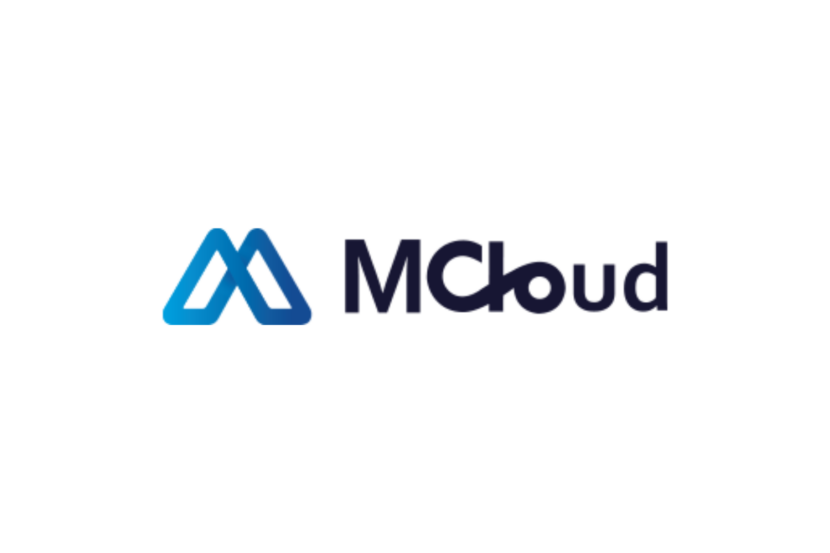
MicroCloud Hologram Inc. based on their in-depth research and continuous innovation in quantum technology, they have pioneered an advanced technological solution: using a fast adiabatic driving protocol to achieve coherent control of two heavy hole spin qubits in a double quantum dot (QD) system. In traditional quantum experimental protocols, conventional methods such as linear ramps, π-pulses, or Landau-Zener channels have contributed to the incremental development of quantum control techniques. However, due to their inherent physical limitations, these methods struggle to meet the current stringent demands for high fidelity in quantum information processing. In contrast, the fast adiabatic driving protocol developed by HOLO demonstrates significant technological advantages.
The fast adiabatic driving protocol is essentially a precise energy control paradigm based on the quantum adiabatic theorem. In the context of a complex double quantum dot (QD) system, it carefully designs control paths according to the system’s adiabatic evolution rules, guiding the two heavy hole spin qubits along predefined trajectories with high-precision quantum state fidelity to achieve state transitions. This approach cleverly avoids the risk of quantum state distortions caused by abrupt energy changes or external disturbances. Similar to the precise navigation in interstellar travel, this control mode ensures accurate quantum state transitions by meticulously managing the energy variations in the quantum system, thereby achieving higher quantum state fidelity compared to traditional protocols.
From the perspective of practical application efficiency, the implementation of fast quasi-adiabatic driving through spin-orbit coupling mechanisms results in two significant technological outcomes. On one hand, charge noise in the qubit operation process is deeply suppressed. Charge noise has long been a troublesome issue in the field of quantum control, acting like an “invisible interference factor” hidden in the microscopic world. It disturbs the stable state of qubits with subtle and continuous fluctuations, frequently causing computational errors. HOLO’s innovative technological approach serves as a solid “electromagnetic shielding barrier” for qubits, optimizing the electrical environment of the quantum system to effectively block the infiltration of charge noise, ensuring that qubits operate stably in a relatively “low-noise” environment. On the other hand, it achieves high stability in qubit initialization. As the crucial starting point for quantum computation, the stability of initialization plays a decisive role in the accuracy of subsequent full-round computations. High stability means that even when facing external uncertainties such as temperature fluctuations and weak electromagnetic interference, qubits can consistently return to their initial set state with precision, laying a solid foundation for performing high-complexity and high-precision quantum computing tasks.
Also Read: CIO Influence Interview with David Nuti, Head of Security Strategy, Extreme Networks
Moreover, HOLO has also made new research progress in the key area of quantum gate control. Quantum gates, as the fundamental logical building blocks of quantum computing, are analogous to basic logic gates in traditional computers. The precision and functional completeness of these gates directly constrain the overall computational performance of quantum computers. HOLO has successfully developed and implemented both single-qubit and two-qubit gate operations, especially NOT, CNOT, and SWAP-like gates. In the heavy-hole spin system architecture within the double quantum dot (QD), these quantum gate operations achieve quantum state fidelities as high as 99%.
HOLO is committed to deepening its research in the field of semiconductor quantum dot heavy-hole spin qubit technology. The company will continue to optimize the physical parameters and control processes of the fast adiabatic driving protocol, further enhancing the fidelity and stability of qubit control, while expanding the functional boundaries and application scenarios of quantum gates. With ongoing breakthroughs in scientific research and the accelerated iteration of technology, it is believed that this cutting-edge technology will gradually break free from the confines of the laboratory, injecting a surge of innovation into the quantum information processing industry. This will open a new and glorious chapter in the role of quantum computing in empowering human societal development.
Also Read: The True Cost of IoT Ownership and the Role of Managed Service Providers
[To share your insights with us as part of editorial or sponsored content, please write to psen@itechseries.com]


